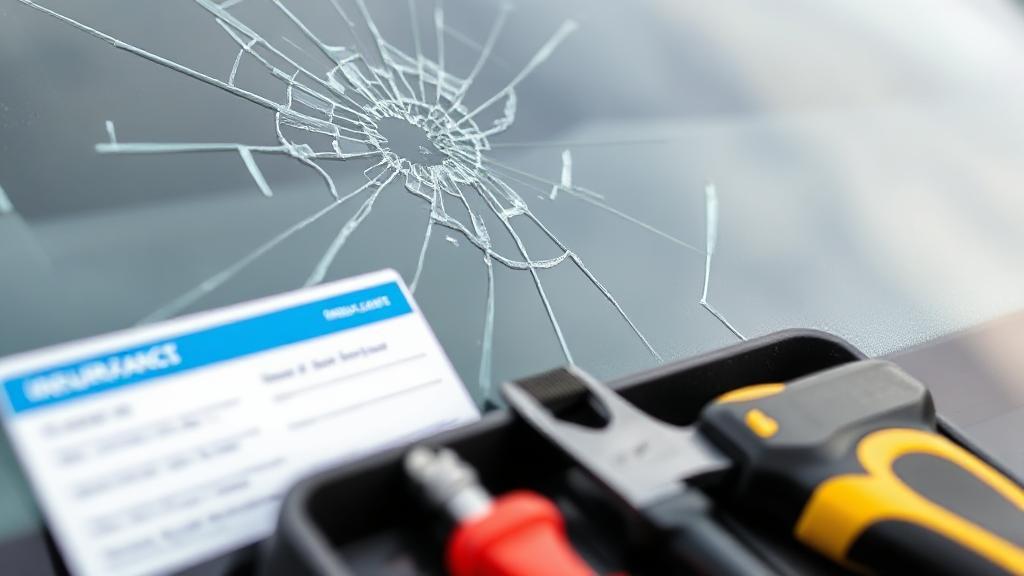Understanding Windshield Damage and Coverage
Windshields are essential for vehicle safety, providing structural integrity and protection from external elements. Before deciding whether to use insurance for replacement, it's crucial to understand both the damage types and your coverage options.
Types of Windshield Damage
- Chips: Small, shallow damage often caused by rocks or debris
- Cracks: Range from minor to severe, potentially spreading across the windshield
- Pits: Small, round depressions that can affect visibility
Insurance Coverage Basics
Most comprehensive auto insurance policies include windshield coverage. Some states, like Florida, Kentucky, and South Carolina, have "zero-deductible laws" for windshield replacement.
Coverage Types
- Comprehensive Coverage: Covers non-collision damage including theft, vandalism, natural disasters, and windshield damage
- Full Glass Coverage: Optional add-on that covers entire cost without deductible
When to Use Insurance
Significant Damage Scenarios
- Large cracks (especially those longer than 6 inches)
- Multiple points of damage
- Damage that obstructs driver vision
- Cracks that extend to the edges of the glass
High Replacement Costs
Modern windshields often include advanced features:
- Heads-up displays
- Rain sensors
- Heating elements
- Advanced driver assistance system (ADAS) sensors
These technologies can make replacement costs exceed $1,000, making insurance claims more attractive.
When to Pay Out of Pocket
Consider paying directly when:
- Repair costs are less than your deductible
- You have recent claims history
- Damage is minor (small chips or cracks repairable for $50-100)
- You want to avoid potential premium increases
Cost-Benefit Analysis
"Comprehensive claims generally have less impact on premiums than collision claims," according to the Insurance Information Institute.
Safety Considerations
Never delay windshield repairs for financial reasons. A compromised windshield can:
- Reduce structural integrity in rollover accidents
- Impair airbag deployment
- Distort vision, especially at night
Filing an Insurance Claim
If you decide to use insurance, follow these steps:
- Contact your insurance provider to report the damage
- Provide documentation (photos, police report if applicable)
- Get an estimate from a reputable auto glass repair shop
- Review and approve the estimate with your insurance provider
State-Specific Considerations
Different states have varying regulations regarding:
- Insurance coverage requirements
- Deductible waivers
- Repair facility choice
- OEM vs. aftermarket parts
Check your state's Department of Insurance website for specific requirements.
For more information, visit resources like:
Remember that safety should be your primary concern. While financial considerations are important, a properly functioning windshield is crucial for vehicle safety and structural integrity.
